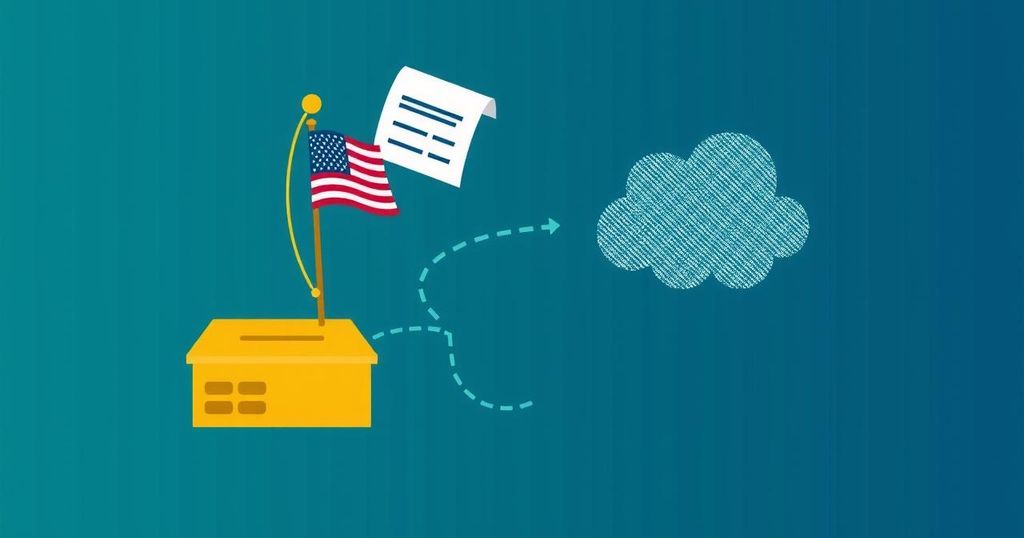Understanding the Threat of Election Certification Crisis in America

An investigation has uncovered that the Republican Party is increasingly controlling local election boards in battleground states, motivated by a belief in a widespread conspiracy against electoral integrity. Formerly part of the Stop the Steal movement, this initiative has morphed into the voter integrity movement, where officials are encouraged to block the certification of elections they believe are fraudulent. This trend poses a serious threat to the integrity of democratic processes in the United States.
In recent analyses of election dynamics across key battleground states, a disturbing trend has emerged: the Republican Party has gained significant control over local election boards. This development coincides with an escalating movement centered around allegations of election fraud, initially ignited by the narrative of a stolen election in 2020. Conducted by investigative journalist Jim Rutenberg, the analysis includes interviews with multiple election officials and activists, revealing a concerted effort to undermine election certification processes. What was once referred to as the Stop the Steal movement has evolved into a more organized “voter integrity” initiative. Proponents of this movement are endeavoring to instill a belief in local election officials that widespread fraud constitutes a genuine threat to the democratic process. They argue that these officials hold both the authority and the obligation to intervene by refusing to certify election results that do not align with their views. Throughout the investigation, Rutenberg discovered that many election officials perceive blocking certification as a patriotic act rather than a partisan tactic. Despite the potential illegality of such actions, they are driven by a conviction that they are combating a grand conspiracy threatening electoral integrity. Moreover, the movement has seen figures such as Cleta Mitchell emerge as pivotal players, calling on her supporters to seize control of local electoral processes. Mitchell stated, “We are going to retake our election system,” emphasizing the grassroots approach to reshaping election governance. With these individuals in positions of authority, there is a legitimate concern that they may enact changes to voting regulations or deliberately delay certification, fostering confusion and uncertainty in future elections.
The scrutiny surrounding election integrity in the United States has intensified since the 2020 Presidential election, which was marred by widespread claims of fraud. These claims catalyzed significant unrest, including the insurrection at the Capitol. The rise of the so-called voter integrity movement signifies a shift in tactics, as its proponents now strategically infiltrate the very institutions responsible for managing and certifying elections. This infiltration raises critical questions about the legitimacy of election outcomes and the future of democratic processes across the nation.
In essence, the analysis reveals a troubling reality where local election boards, now overtaken by fervent proponents of a flawed narrative about electoral fraud, may pose a significant risk to the integrity of future elections. As these individuals assert their influence, the potential for chaos in election certification processes looms large, underscoring the urgent need for vigilance in safeguarding democratic institutions.
Original Source: www.nytimes.com








